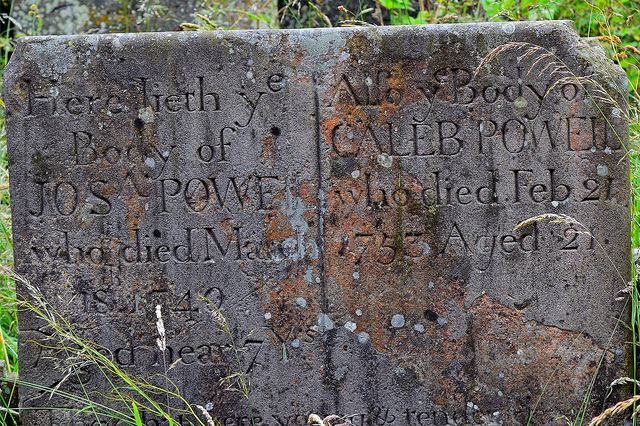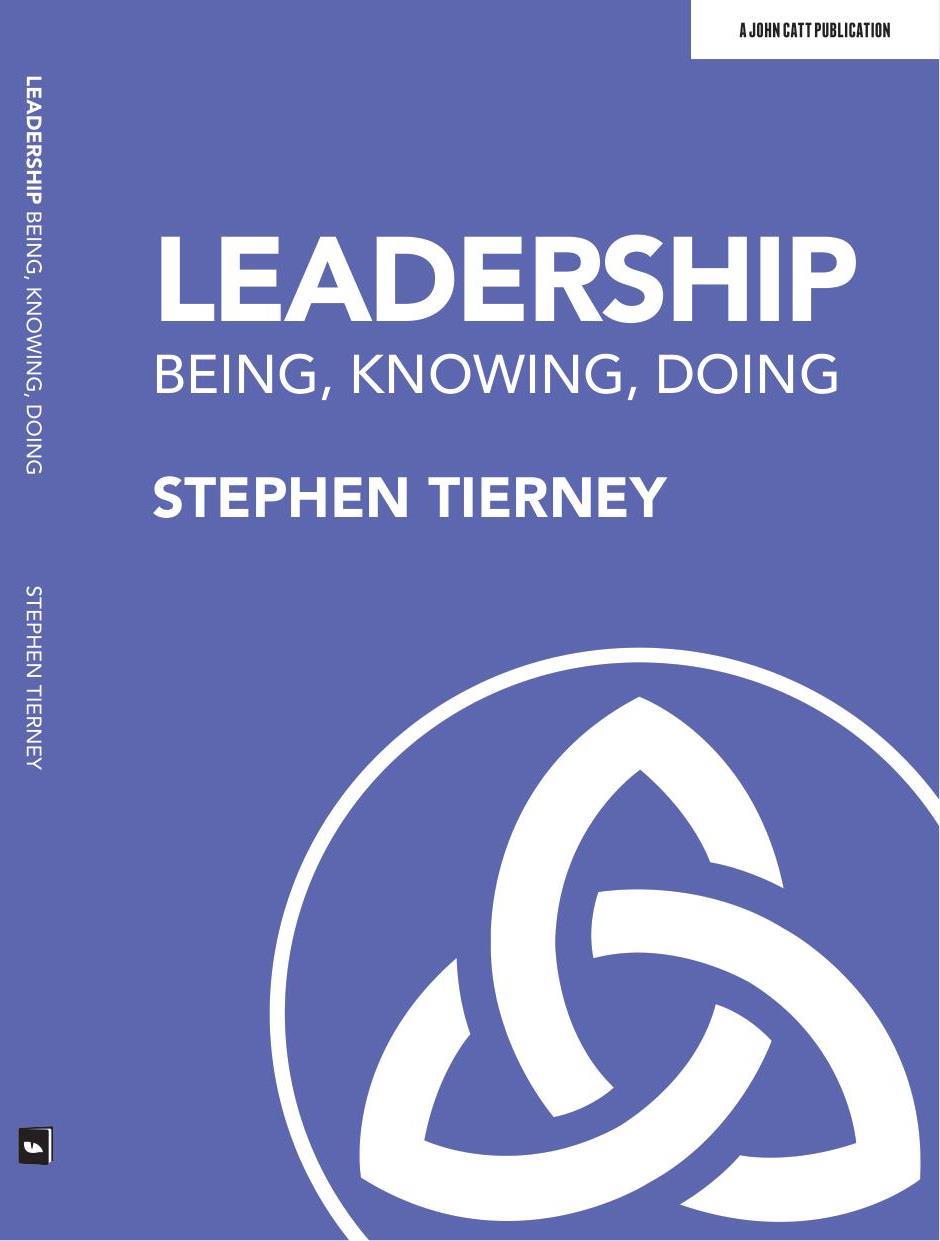Over the past month I’ve been blogging out thoughts about Beyond Inspection. Essentially, what we need to do next, in terms of accountability, if we are going to produce more effective schools.
The current relationship between schools and Ofsted will start to change in September 2015 with the short inspection. However, the power and roles within the relationship still requires significant work. A self-improving school system needs to take a greater responsibility for the effectiveness of all schools, not rely on or be subjected to external inspection.
The European Commission Life Long Learning Programme report The Impact of School Inspections (2014) is a three year study on school inspection systems across Europe. Of particular interest is its analysis of the short term direct impact of inspections and the long term indirect impact. The direct impact is linked to the changed behaviours of an organisation with respect “to improvements in the school’s self-evaluation, which leads to changes in the school’s capacity to improve, which then leads to improvement in the effectiveness of the school.” These improvements are indirectly affected and “motivated by the fact that school inspections set expectations on good education.” This setting of standards affects all schools within the system rather than being related to inspection visits.
In moving beyond inspection there seems to be a strong case for the determining of national standards or benchmarks of school effectiveness. In addition, there needs to be a school led development of far more effective on-going, day to day quality assurance and self-evaluation processes. These processes must ensure quality at the closest point of contact with the children, the class room. Any self-evaluation should be developed and implemented with peer support as a way of: developing professional capital across the system, ensuring no school becomes insular and creating an appropriate level of challenge within the process.
Determine Benchmarks
Arguably the greatest issue hampering a debate in this country about school effectiveness is any collective agreement about what constitutes an effective education. We need to accept that some things which we value may be too difficult to measure and either don’t measure them or use reasonable proxy measures. Students’ emotional well-being, their contribution to their community and their preparedness for the next stage of life could all be argued as outcomes of a good education. The personal and social developments of a child are important outcomes of education as well as the academic. It is not an either or.
From a utilitarian view of education two benchmarks that seem to command significant support are the student outcomes in terms of examination results and destination data (further education, employment with training including apprenticeships and employment). However, after nearly 25 years of Ofsted, we still do not have an objective and stable measure of what constitutes an effective education in terms of examination results, which will present significant difficulties for the new short inspection. The problem of our norm referenced examination system is that it ensures a certain percentage of students achieve a given grade irrespective of whether the system improves or declines. There will always be 25% of schools in the top and bottom quartile.
HMI should be mandated to work with politicians, the profession and research community, taking into account insights gained from an international perspective and their own work, to determine a set of quantitative and qualitative benchmarks. Each benchmark should have an associated valid and reliable metric. Combined these standards and metrics will help define and help us evaluate what we mean by an effective education. We have to determine more explicitly the agreed end points.
These national expectations can and should be extended at a school level to incorporate other elements that are considered to be an important part of a child’s education at a particular school, congruent with its ethos.
Ensure External Independent Validation

Photo Credit: James Gaither via Flickr cc
I loved Tom Bennett’s statement, “If it lives in a kennel and barks, I call it a dog”. The same thinking should be applied, in reverse, to the renaming of Her Majesty’s Inspectors as Her Majesty’s School Effectiveness Officers (HMSEO). It’s like Ronseal, they must do the job as described. External independent validation should be an important part of HMSEO’s role. Without this external challenge there is a danger that the process will become woolly and fail to keep schools focused on the agreed benchmarks or standards. In addition, an external perspective can often help as a new set of eyes looking at a school’s work brings new insights.
The key here is that there is a different relationship created by a changed power dynamic. HMSEOs role is about promoting, reflecting and challenging. It is not about judgements, grading or destabilising. If a Royal College of Teaching is established then HMSEO should automatically be made full members of the College. The Royal Charter asserts the College’s independence from Parliament and political interference. HMSEO’s independence is reinforced. They no longer become the enforcers of the latest political fancy and they revert to carriers of wisdom through the system.
Provide Feedback
There was great joy and much rejoicing when in December 2012, Ofsted’s new Inspection Handbook declared that the inspectorate no longer had a preferred teaching style. This was on the back of concerns expressed about a more progressive ideology being favoured and appearing in a number of inspection reports. I’m probably one of the few people who think that they damn well should have. Whilst I might be swimming against a rather large tide, feedback has to be framed against that which is most probable to have impact. The profound and the peripheral shouldn’t be confused. The same is true for leaders in schools. I’ve dispensed enough snake oil and silver bullets over the years, it’s time for us all to stop.

Photo Credit: Jenny Downing via Flickr cc
In providing feedback we need to ensure we know what we are talking about. This is one of those bleedin’ obvious statements but we can probably all reflect on feedback we’ve been given which failed to meet the simple standard of being focussed on the important and encapsulate what is more likely to be most effective. Whether independently validating, peer reviewing or providing individual feedback we must identify what is important and be drawn from what is effective.
Establish Long Term Peer Support
I can think of a number of people, both locally and in the twitter/blogging community, who I would be interested in working with to peer review the three academies within our Multi Academy Trust. There is St. Mary’s, an 11-18 secondary school, and two one form entry primary schools, Christ the King & St. Cuthbert’s. All have above average levels of disadvantage, wonderful children and great staffs.
Effective peer support, including the review process and the subsequent improvement journey, is formed out of our collective moral purpose and the values of the person supporting matters. Do they see the whole child or just the examination result? Will they hold the most disadvantaged closest to their heart? Have they a constancy of purpose and belief or flip to the latest initiative or measure in the blink of an eye? I would also want to work with someone who would publicly acknowledge the many, many strengths of the academies but privately pull no punches. Trust is at the core of the long term relationship. It requires integrity (I back up what I say through my actions hence the need to be honest, sometimes brutally, in private) and reciprocity (the give and take that occurs in all long term enriching relationships). The inclusion of peer support is a deliberate way of building improvement into the system through enhanced Professional Capital.
Build Internal Capacity
Key processes for building internal capacity are the development of School Self-Evaluation & Review and on-going Quality Assurance processes. These need to be focussed on outcomes for children, the quality of teaching & learning, quality of student behaviour, professional development of staff including as leaders and care, support & guidance systems and associated processes. The same challenges which I am proposing for the current accountability system must also exist in the internal processes led by middle & senior leaders.
Poacher Turned Gamekeeper
In some ways Ofsted has shaped my professional life. I’ve been wedded to them, for better and for worse, for the majority of my career. The accountability could and should have done so much more to improve school effectiveness in England. It is now broken beyond repair and there are far better alternatives for us to consider.

Photo Credit: Robert Maddison via Flickr cc
What is ironic in many ways is that I am now poacher turned gamekeeper. I am part of the system, as the leader of the Trust’s academies, which will hold schools to account. I’m determined to learn from the mistakes of the past and not inflict a wholly inappropriate accountability culture on schools. I trust you, you’re doing a great job, how do you think we could be even better?
Other Posts which may be of interest:
What’s Beyond the Ofsted Inspection Jungle
Beyond Inspection: Building the Case for Peer Review
References:
European Commission Life Long Learning Programme (2014) The Impact of School Inspections
L3xiphile (2015) The Case for Ofsted; is there one?






I have been doing some of this recently. http://wp.me/p32seK-2v
Posted by alackof | March 7, 2015, 9:35 pmReblogged this on splozza11 and commented:
Can effective peer support/review/evaluation help us reclaim our profession from the clutches of Ofsted? It’s a no brainer (in my humble opinion) and could free us from the constant turbulence, caused through interference, from an ever changing political landscape.
Posted by splozza11 | March 8, 2015, 1:30 pmReblogged this on rwaringatl.
Posted by Richard Soles | March 9, 2015, 11:23 amGreat article. Here is an overview of how we use peer observation.
Posted by philiprolt | March 10, 2015, 7:05 am